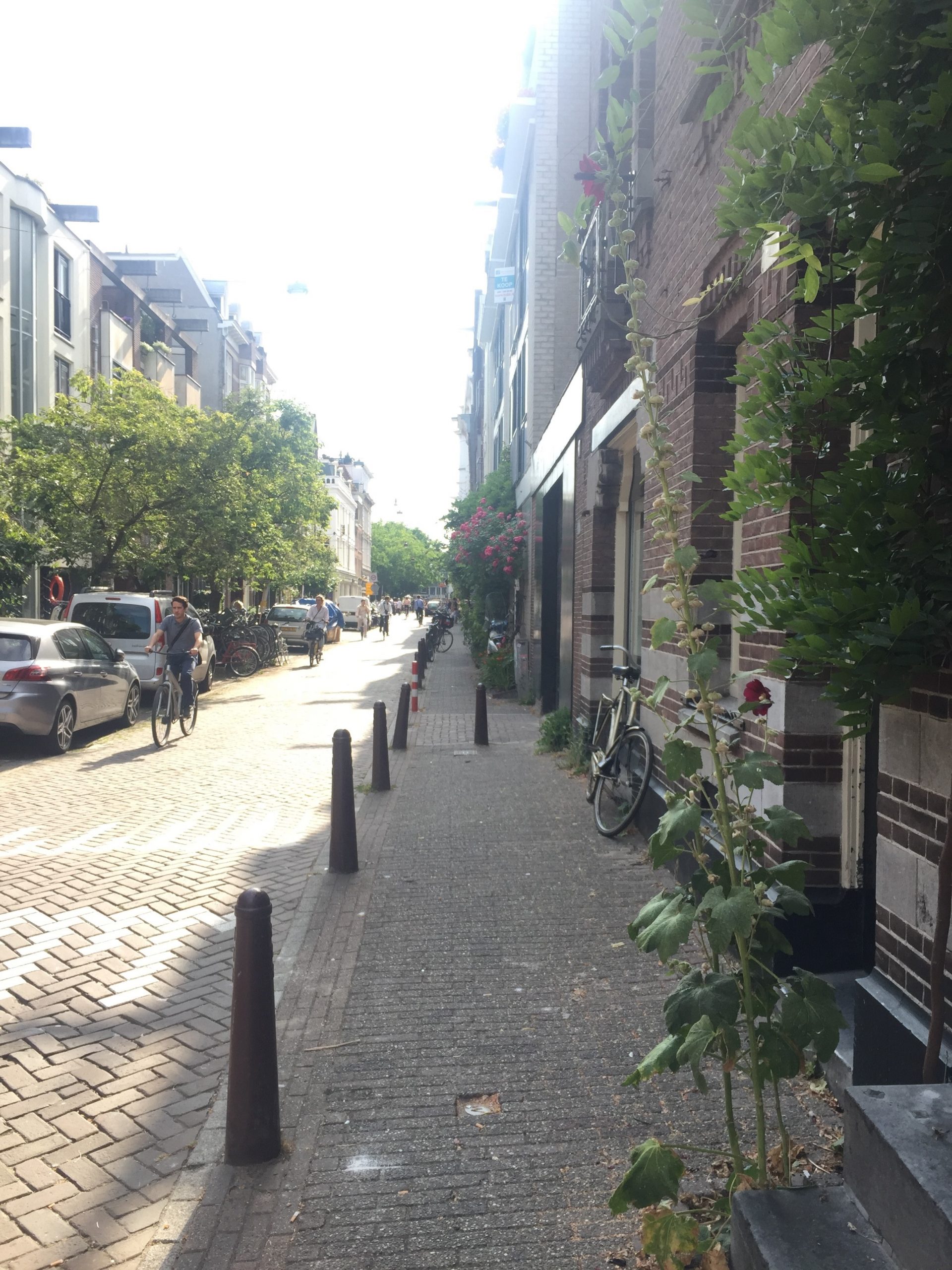Earlier this month WISERD colleagues from Cardiff and Bangor attended the International Society for Third Sector Research (ISTR) Conference in Amsterdam. This bi-annual gathering of academics and practitioners from over 80 countries across the world, aims to promote the study of civil society and the non-profit sector.
Hosted by Vrije Universiteit (VU) Amsterdam, the conference saw over 500 papers presented, stimulating debate around civil society through a range of starting points including gender, environmentalism, volunteering, policy and governance. The conference also created a forum for debates about the funding of civil society, its challenges and the potential of non-state sources such as crowd funding, and social enterprises. Papers took a multitude of theoretical and conceptual positions, creating a stimulating and intellectually challenging environment through which to reflect on our own work at WISERD.
In particular, we found similarities and differences between our work at WISERD and research in other international social, cultural and political contexts thought provoking. For example, while hybrid organisations have formed between the public and voluntary sectors in both Denmark and the UK, trust and mutual cooperation as opposed to competition and tendering appear to play a more significant role in the Danish case. Case studies showing the impact of devolution and decentralisation in federal systems, as another example, were discussed with Canadian ISTR colleagues to share insights into the asymmetrical, devolved constitutional arrangements seen in the UK and Canada.
WISERD made a good contribution to the conference; we presented five papers and chaired three panels. Additionally, we had a Stand with WISERD publications, leaflets and information, in the main Conference Hall, providing us with a great focal point for showcasing the work of the whole Centre. A good literal and metaphorical place from which to table discussions.
A view of the conference shared by all, was the highly supportive and nurturing, though still critical, nature of discussions and debate. We found colleagues from all levels of academia willing to engage in constructive discussions, asking relevant and penetrating questions. The conference also had a good range of papers from PhD candidates, and an excellent PhD mentoring programme.
Finally, we were bowled over by the hospitality of the conference. Amsterdam was a fascinating and vibrant city to spend time in not least because of its fantastic tram and bike networks. And thanks to the hospitality of the Mayor of Amsterdam, we ended our time there with a historical and relaxing canal ride followed by a Gala in the majestic Rijks Museum; home to classical artists Rembrandt and Vermeer. All in all, the ISTR was, intellectually, culturally and in terms of collaboration, time well spent and we return inspired to write and share our research ideas, and to build new international collaborations.

